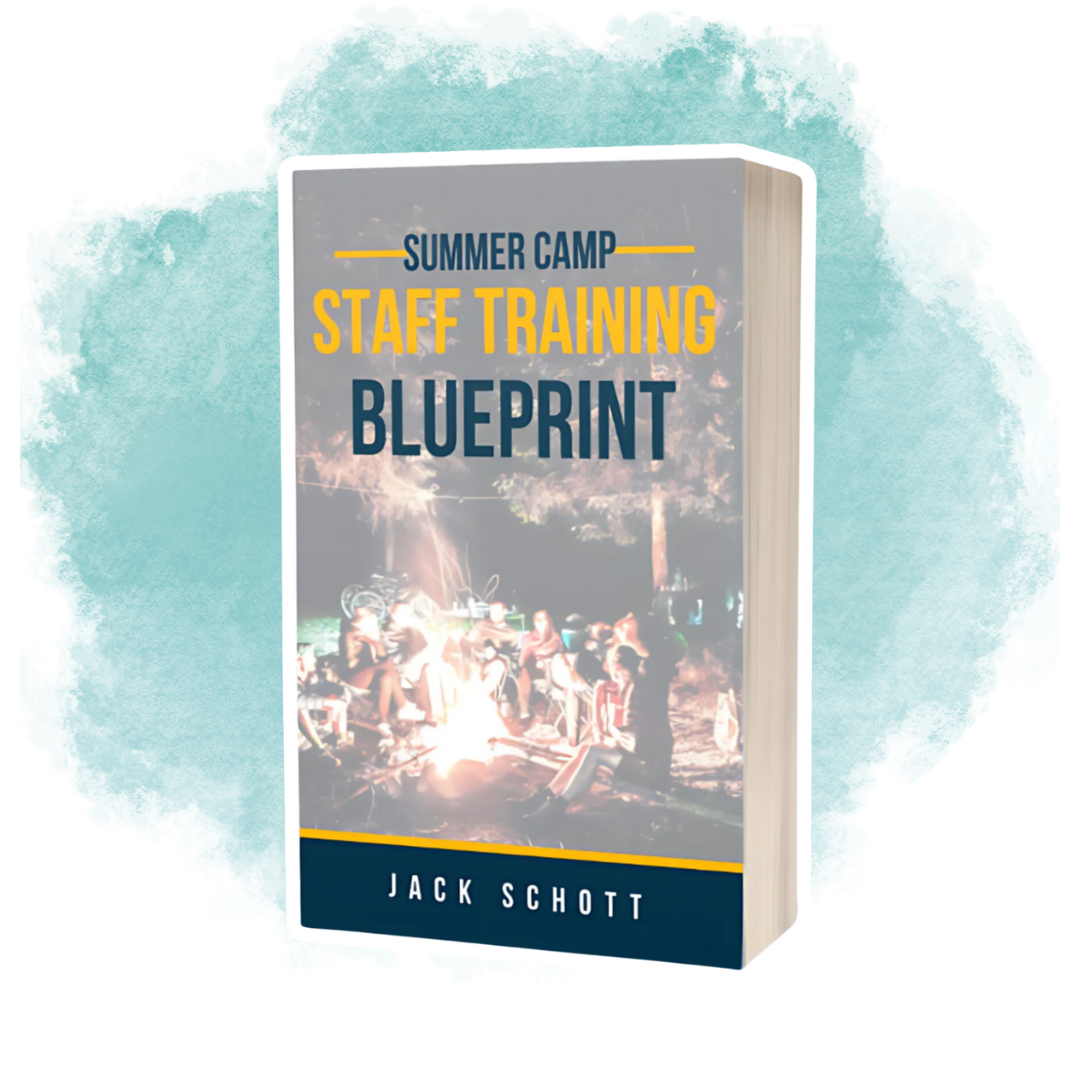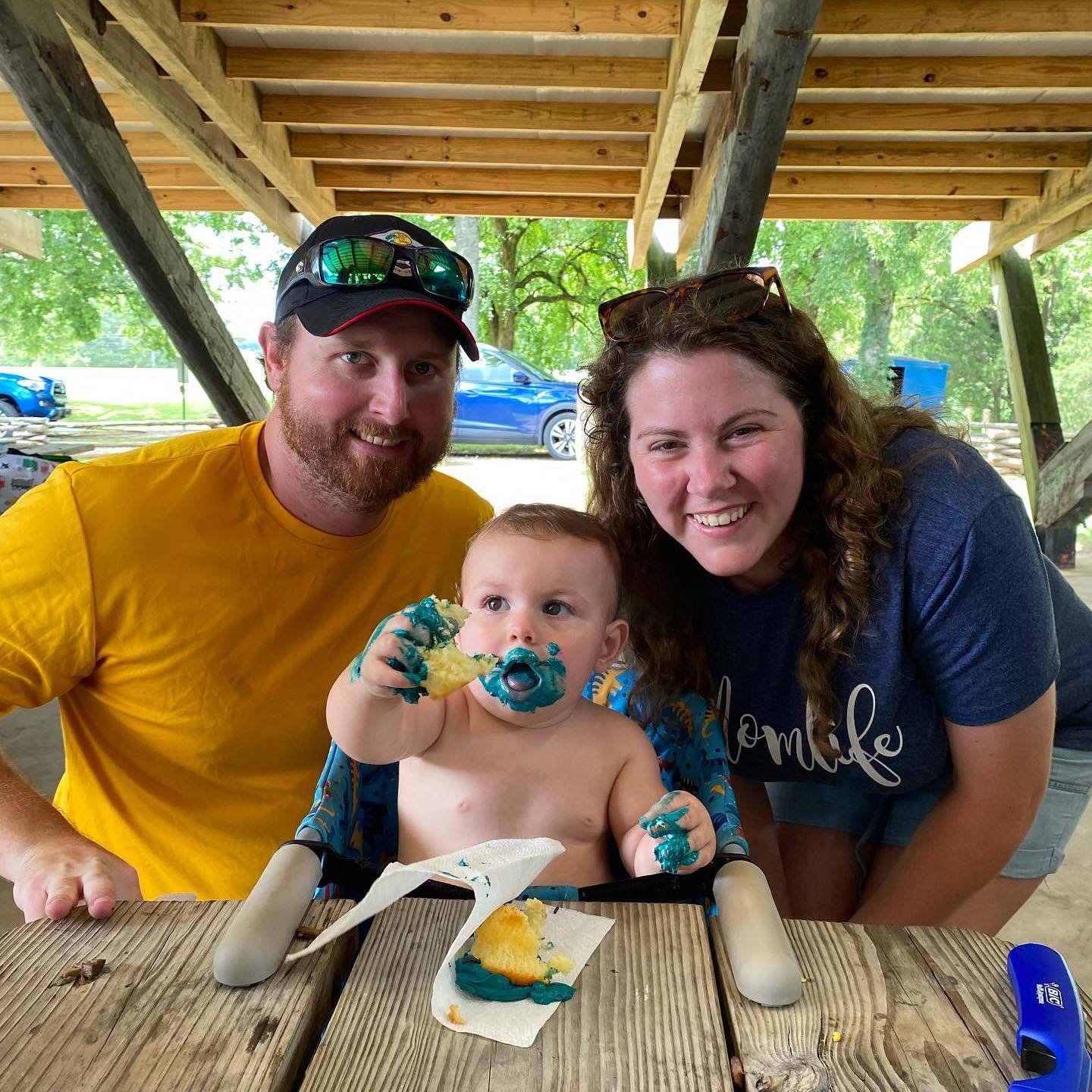When Change Fails
We’ve been talking a lot about free choice and restorative justice lately, and I have to admit something: I failed at implementing both. Two different summers. Two different camps. Both failed.
To be honest, I’ve been really embarrassed about this for a long time, and I struggle to really reflect on failures (enneagram 3 much?). BUT, now that I’ve had some time to step back from the day-to-day of camp and I’ve been working with more people to make free choice and restorative justice happen at other camps, I decided it was time to really think about it, and I’m hoping you can learn with me.
Looking back, I think my two biggest mistakes were:
Telling staff about the change rather than bringing them in on the change
Changing a tree and forgetting the forest
So now that I have some ideas of where I went wrong, how would I do it differently?
TELLING STAFF RATHER THAN BRINGING THEM IN
There’s a big disconnect between year-round camp staff and seasonal camp staff, and I think that’s really easy to lose sight of. For year-round staff, so much time has passed since campers and staff have been there. We have worked so hard, planned so much, had ups and downs, and we are SO ready for them to be back. For seasonal staff, they pick camp up where they left it. The coffee is still in the same spot. The one shower still has low pressure. It feels like returning home. So when we have a pretty big change—especially one that deviates from the camp culture we currently have—even though we’ve spent so much time learning, planning, and getting exciting, it can feel jarring and even a little threatening to returning staff.
What’d I do wrong?
I presented both of these ideas to staff by scheduling one-hour training sessions during staff training, and pretty much only talking to them about them during that hour. Ooof. With a pretty high number of returning staff (and especially returning staff who had been there longer than me and some who had been there longer than me and the last director combined…), no wonder it didn’t stick.
So what would I do now?
I’d start way earlier. Way before staff training, I’d talk to some returning staff to get feedback about camp, and I’d ask their thoughts about implementing the changes. Probably, they’re going to feel on board just because I asked them, but if not, their feedback could also be so valuable. If I wanted to level this up, I’d maybe ask them to help plan and/or facilitate part of rolling this out to staff.
A lot earlier in staff training, I’d do some kind of State of Camp session where I gave more of an overview of where we are and where we’re going. I’d share my vision and I’d ask for their opinion. Then I’d talk together about how we can get there, and as part of that, I’d mention what we’re implementing this summer.
A few years after these failed attempts, I created and used this session to talk through some other changes. It felt like we made changes together (partnering with staff) AND it gave me an opportunity to explain what I was changing in a collaborative environment. Those changes went WAY more smoothly.
CHANGING THE TREE & FORGETTING THE FOREST
“But, Allison, those changes are really not that big of a deal. They’re easy.” - Jack Schott (okay, he didn’t say this exactly, but I can hear him saying it, and I’m sure some of you are)
And he’s right. Saying, “This will now be free choice period, and here’s how you supervise it,” is easy. Saying, “We’re now going to do circles,” is also easy. Staff will probably nod their heads and maybe even be totally on board. BUT I think that forgets the bigger picture (aka the forest).
Both free choice and restorative justice take a good amount of commitment to partnering with campers instead of having power over them. Both give campers more of a voice and help them have more ownership of their time at camp. I think that is absolutely amazing, and I think, in my cases, it was absolutely inauthentic.
What’d I do wrong?
I planned, I learned, I trained, and I got the staff to understand. So why didn’t it stick? Because no other part of our program partnered with campers. I threw free choice in most of our activity periods, but I didn’t create choices for our evening activities, our meals, our group time, or really any other part of our program. I said we would do circles for conflict (forgetting the community building part, which was another part of the problem…), but I didn’t give campers a voice in any other way or hold staff accountable for having circles of their own.
So what would I do now?
Personally, I’d probably change things a little more slowly. I’d spend a summer finding ways to give campers and staff more of a voice in the little things - the meals, the cabin/group bonding, the activities, etc. Then, when campers and staff trusted that camp (and I) truly wanted to hear from them and truly wanted them to have a voice, it’d seem more authentic.
And if I just couldn’t wait to implement, I’d maybe do a version of the Culture Shifts activities with our older campers and CITs. I’d definitely do a better job of modeling these things during staff training, using all kinds of circles throughout the week, building more choice into staff training, and debriefing how these things feel (through even more circles).
I would find more ways to change the forest, not just the tree.
OKAY, NOW DO IT!
Don’t let my failure scare you. 1) You’re better equipped and 2) While it stung at the time, it didn’t actually hurt anything.
In the words of my friend Chris Rehs-Dupin, “Every summer at camp is an experiment.” So get out there, and experiment away!
Want a community of people who can help with your failuRes?
TSCS membership is a safe place to fail. We get to know each other and each other’s camps, we listen to each other, and we help each other out.
ALLISON KRABILL
TSCS EXECUTIVE DIRECTOR
BABY JACK MOM
STRONG TYPE 3
Allison can be reached out allison@thesummercampsociety.com.

Ready to Elevate Your Summer Camp Staff Training?
Empower your camp staff with the tools they need for success.
Visit our dedicated training site for expert resources, training modules, and more.


